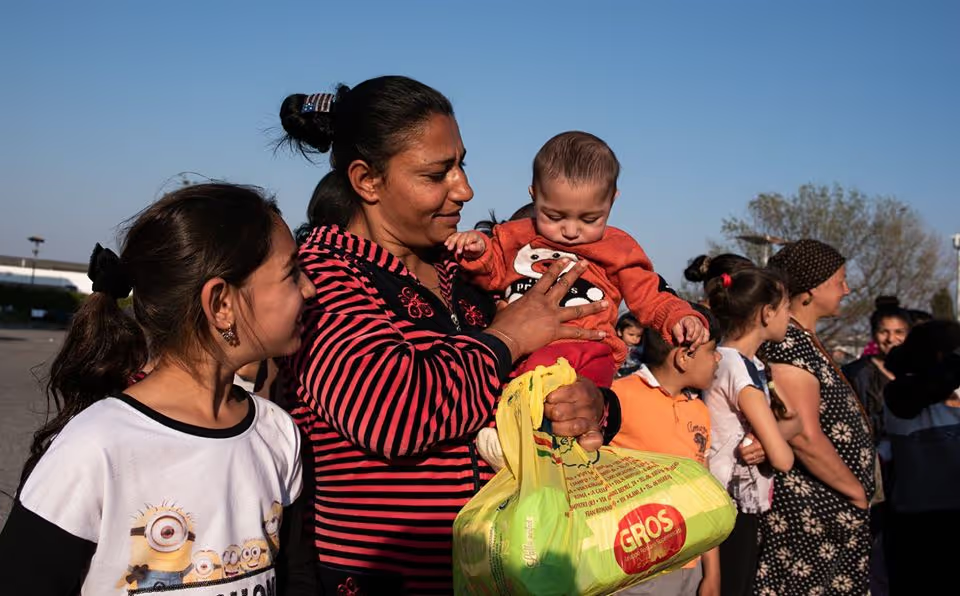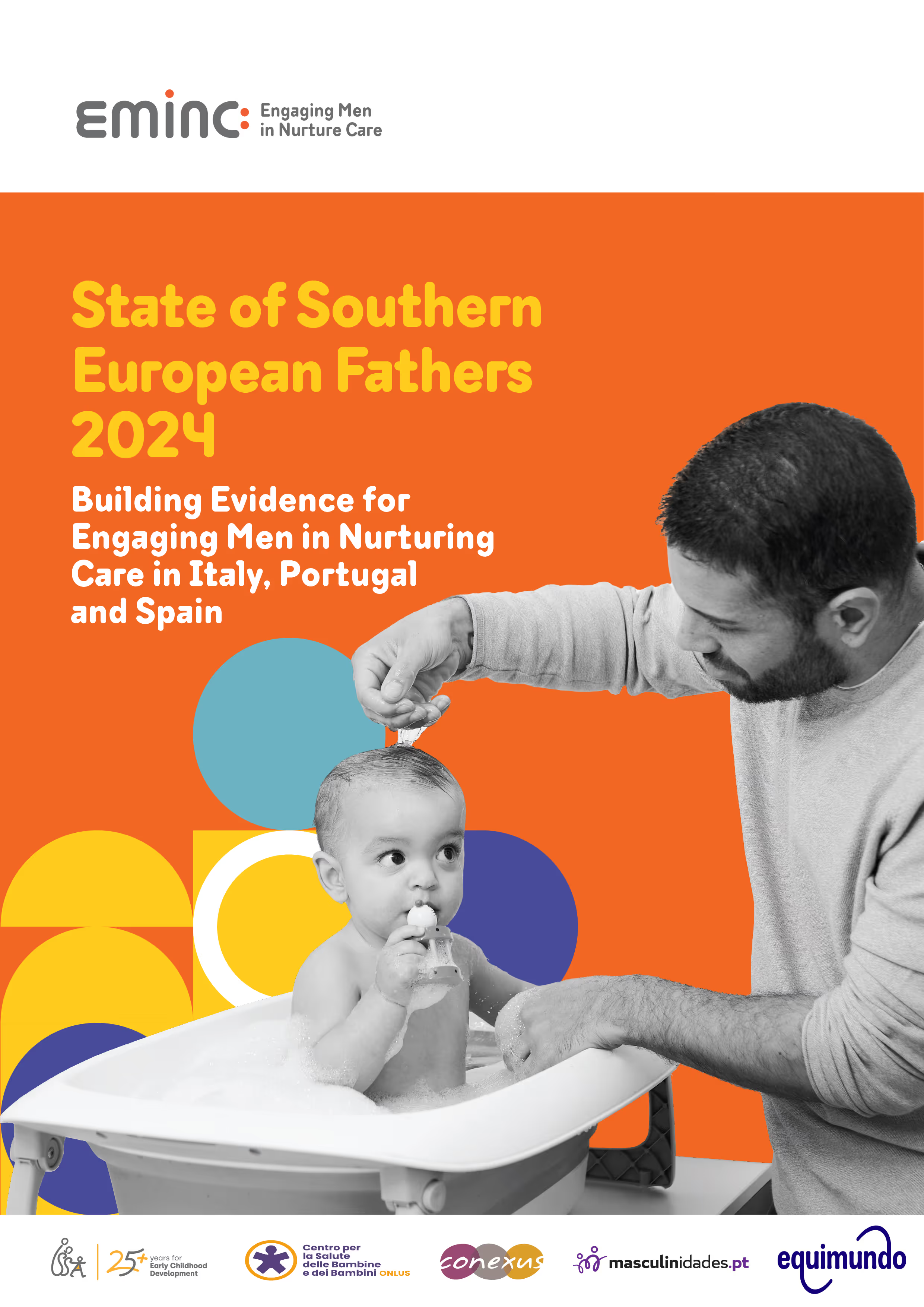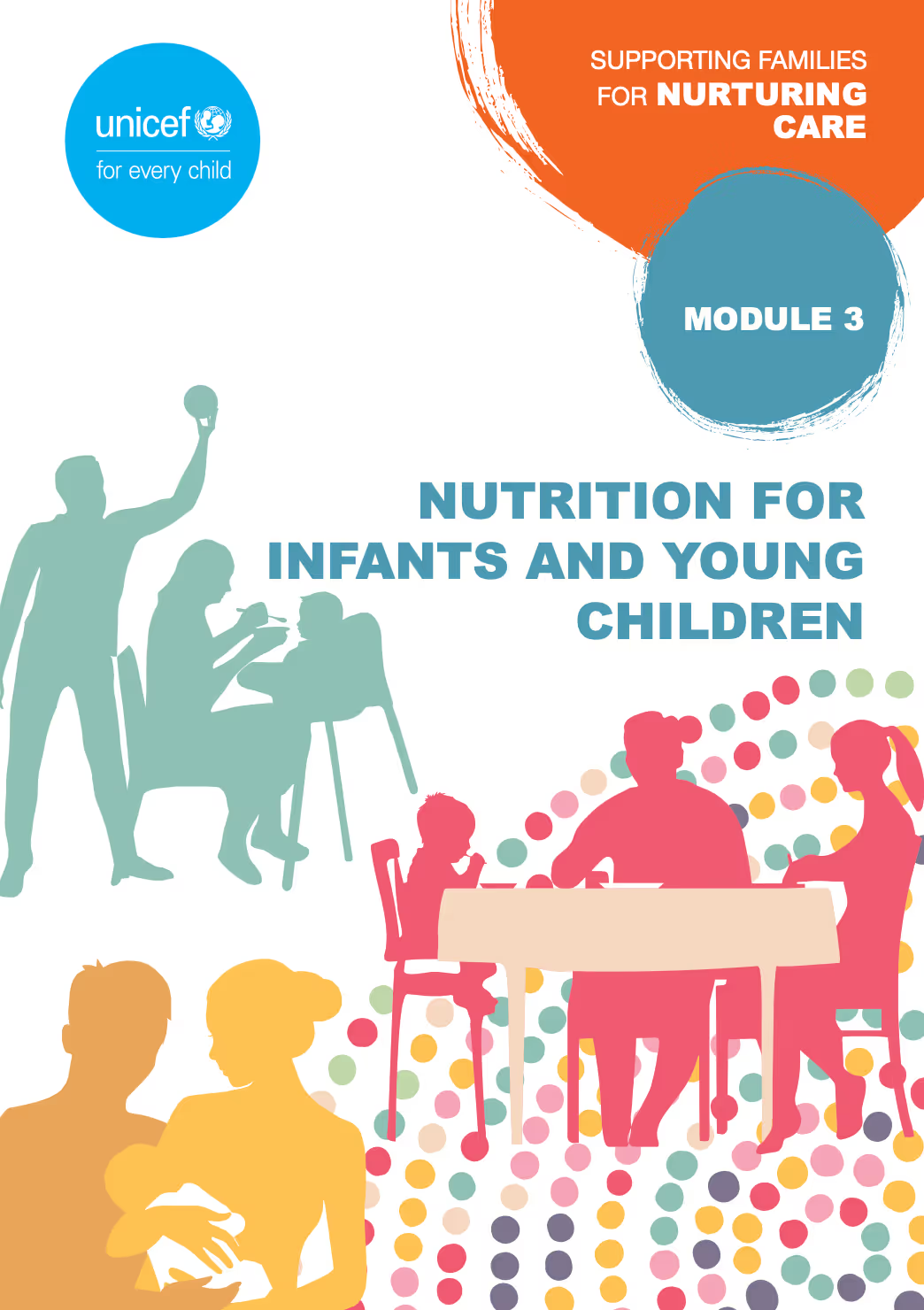Systemic approach

During the COVID-19 pandemic, food deprivation of households with young children has emerged as a priority among priorities.
Associazione 21 luglio applied the following method:
1) selecting five formal monoethnic settlements of special emergency housing;
2) carrying out a survey by telephone that highlighted the malnutrition of many children, particularly infants and young children;
3) designing a food aid program for three settlements (Castel Romano, Salone and Tor Cervara) which, in the study, was reported as the most disadvantaged contexts in Rome and for one of the most poor neighborhood in Rome (Tor Bella Monaca);
4) thinking to an operational strategy post-covid-19 to empower women and children.
The concrete intervention is focused on:
a. the fight against food deprivation for children 0 to 3 years old. The methodological elements that characterized this action were:
- personalizing the intervention (face-to-face interview with all the mothers to find out their specific needs and drew up a list of around 250 beneficiaries – 200 from the villages, 50 from the neighborhood);
- designing a typology composed of 5 types of baby packs, differentiated according to the size of the baby and the dietary needs for baby food and semolina, and according to the need or not for powdered milk;
- giving a personalized card to the mothers to pick up their personal package every week.
b. To overcome stereotypes and stigmatization of Roma communities:
- the request for help emphasize the dimension of food deprivation of children 0/3 years old and not ethnicity, according to a principle of our association. However, we underline the fact that these are children living in “slums”.
c. In addition to the food delivering we implemented some relational and political actions:
- we have created whatsapp groups through which we keep in touch with mothers to give them advice, listen to their discomforts, bring relief, send activities to do with their children;
- we have activated a service that allows to listen to fairy tales in Italian and Romanes (Romani chib): "Tales on the phone";
- we have provided children with some internet access so that they can connect to platforms designed by schools;
- we help the children to do their homework with remote volunteer support and the use of mobile phones;
- we periodically send to all 3-6 aged children attending a school of the neighborhood videos where a psychologist and a Roma paraprofessional read a story that can help them to process the lockdown period;
- we have reinforced the pressure and advocacy aspects with an appeal to Mayor Virginia Raggi and Prefect Pantalone for urgent measures to protect the right to health and school continuity.
d. Planning of sustainability interventions
- through our website, we have launched an appeal to the citizens of Rome to buy the products needed for baby parcels. We have favored the purchase of foodstuffs and consumer goods rather than sending money by bank transfer, convinced that this would strengthen solidarity;
- we asked additional funds to Foundations who support us in different projects.
The systemic approach has led to:
1. Research #IStayCamp. Health Conditions, Food Deprivation and Solidarity Problems in the First Days of Lockdown in the Roma Villages of Rome by Carlo Stasolla and Tommaso Vitale.
Quoting the research:
“During the lockdown we made the following urgent public policy recommendations:
• To map the conditions of greatest fragility within shantytowns and deprived public shelters with the aim of guaranteeing the distribution of basic necessities, particularly to minors and the elderly.
• To guarantee adequate sanitary conditions within each individual shantytown, primarily by rapidly ensuring access to drinking water.
• To ensure the presence of health workers and cultural mediators within the settlements who can carry out an information campaign aimed at illustrating the prevention measures recommended by health authorities and distributing personal protective equipment to inhabitants.
• To strengthen and coordinate a network of volunteers (Roma included) in order to monitor the hygienic and health conditions of those living in the shantytowns and to orient people with symptoms.
• To promote measures to safeguard the right to distance learning for students living in slums.
• To coordinate support and food supply actions for the needy, especially for babies and toddlers aged 0 to 3 years.
• To systematically listen to people living in shantytowns in order to understand their needs in a precise way, and to enhance and mobilize their skills, with precise reports that allow for concreteness and timeliness.
• To prepare in advance an adequate and timely intervention plan in case of a COVID-19 contagion within a village.”
2. During the lockdown we made 5 videos addressed to around 200 children attending a pre-primary school located in the disadvantaged neighborhood of Tor Bella Monaca. The videos represent a continuum of an emotional literacy intervention started two years ago in the school. There was one video sent every week until the end of June.
3. One video was made on the goods stored in the community center "Polo Ex Fienile" that we manage in the area of Rome, Tor Bella Monaca. The parcels are packed there once a week on Saturday mornings in the open air in the garden of the community center by a group of well-spaced volunteers (divided into five groups, one for each type of baby food aid-package), in order to give maximum visibility to the preparation of the parcels.
4. Ten fairy tales told in Italian and eight of them translated in Romani languages.
Photo by Fabio Moscatelli
Read more

Supporting families for nurturing care: Training resource package for home visiting practices
This training package equips trainers of home visiting professionals with essential knowledge, skills, and tools to deliver consistent, high-quality pre-service and in-service training.
Developed by UNICEF ECARO and the International Step by Step Association (ISSA), it builds on almost ten years of collaboration and earlier home visiting modules (2017–2025). The goal is to strengthen home visiting as a key community health service supporting families from pregnancy to early childhood.
The package includes three guides: General Overview, Foundational Training, and Extended Training, each offering adaptable materials such as session plans, slides, and handouts based on nurturing and family-centered care.
It combines two main areas: (1) programmatic knowledge on child development, health, nutrition, and parental wellbeing, and (2) practical skills such as communication, relationship building, observation, problem-solving, and cultural responsiveness.
Grounded in adult learning principles, the training encourages reflection, peer learning, and practical application, fostering the professional growth of trainers and home visitors while improving the quality of home visiting services.
Trainer Guide: General Overview
Trainer Guide: Foundational Training
Trainer Guide: Extended Training
button[src="https://cdn.prod.website-files.com/694724257114b734f4bb749a/6985cff74ab2bbd98fabe605_SUPPORTING%20FAMILIES%20FOR%20NURTURING%20CARE%20Training%20Resource%20Package%20for%20Home%20Visiting%20Practices_0.pdf"][label="Download the Resource Package"] button[src="https://clearinghouse.unicef.org/sites/ch/files/ch/teams-ECARO-Planning-ECA%20Knowledge%20at%20UNICEF-Guide%201.General%20Overview-2.0.pdf"][label="Trainer Guide: General Overview"] button[src="https://clearinghouse.unicef.org/sites/ch/files/ch/teams-ECARO-Planning-ECA%20Knowledge%20at%20UNICEF-Guide%202.Foundational%20training-2.0.pdf"][label="Trainer Guide: Foundational Training"] button[src="https://clearinghouse.unicef.org/sites/ch/files/ch/eams-ECARO-Planning-ECA%20Knowledge%20at%20UNICEF-FT_2025_PowerPoints_Day_I%20-2.0.pptx"][label="PPT"] button[src="https://clearinghouse.unicef.org/sites/ch/files/ch/teams-ECARO-Planning-ECA%20Knowledge%20at%20UNICEF-FT_2025_PowerPoints_Day_I%20-2.0.pdf"][label="PDF"] button[src="https://clearinghouse.unicef.org/sites/ch/files/ch/eams-ECARO-Planning-ECA%20Knowledge%20at%20UNICEF-FT%202025_PowerPoints_Day%20II-2.0.pptx"][label="PPT"] button[src="https://clearinghouse.unicef.org/sites/ch/files/ch/teams-ECARO-Planning-ECA%20Knowledge%20at%20UNICEF-FT%202025_PowerPoints_Day%20II-2.0.pdf"][label="PDF"] button[src="https://clearinghouse.unicef.org/sites/ch/files/ch/eams-ECARO-Planning-ECA%20Knowledge%20at%20UNICEF-FT%202025_PowerPoints_Day%20III-2.0.pptx"][label="PPT"] button[src="https://clearinghouse.unicef.org/sites/ch/files/ch/teams-ECARO-Planning-ECA%20Knowledge%20at%20UNICEF-FT%202025_PowerPoints_Day%20III-2.0.pdf"][label="PDF"] button[src="https://clearinghouse.unicef.org/sites/ch/files/ch/eams-ECARO-Planning-ECA%20Knowledge%20at%20UNICEF-FT%202025_PowerPoints_Day%20IV-2.0.pptx"][label="PPT"] button[src="https://clearinghouse.unicef.org/sites/ch/files/ch/teams-ECARO-Planning-ECA%20Knowledge%20at%20UNICEF-FT%202025_PowerPoints_Day%20IV-2.0.pdf"][label="PDF"] button[src="https://clearinghouse.unicef.org/sites/ch/files/ch/eams-ECARO-Planning-ECA%20Knowledge%20at%20UNICEF-FT%202025_PowerPoints_Day%20V-2.0.pptx"][label="PPT"] button[src="https://clearinghouse.unicef.org/sites/ch/files/ch/teams-ECARO-Planning-ECA%20Knowledge%20at%20UNICEF-FT%202025_PowerPoints_Day%20V-2.0.pdf"][label="PDF"] button[src="https://clearinghouse.unicef.org/sites/ch/files/ch/teams-ECARO-Planning-ECA%20Knowledge%20at%20UNICEF-Guide%203.Extended%20training-2.0.pdf"][label="Trainer Guide: Extended Training"] button[src="https://clearinghouse.unicef.org/sites/ch/files/ch/eams-ECARO-Planning-ECA%20Knowledge%20at%20UNICEF-ET%20Day%20I-2.0.pptx"][label="PPT"] button[src="https://clearinghouse.unicef.org/sites/ch/files/ch/teams-ECARO-Planning-ECA%20Knowledge%20at%20UNICEF-ET%20Day%20I-2.0.pdf"][label="PDF"] button[src="https://clearinghouse.unicef.org/sites/ch/files/ch/eams-ECARO-Planning-ECA%20Knowledge%20at%20UNICEF-ET_Day%20II%20merged-2.0.pptx"][label="PPT"] button[src="https://clearinghouse.unicef.org/sites/ch/files/ch/teams-ECARO-Planning-ECA%20Knowledge%20at%20UNICEF-ET_Day%20II%20merge-2.0.pdf"][label="PDF"] button[src="https://clearinghouse.unicef.org/sites/ch/files/ch/eams-ECARO-Planning-ECA%20Knowledge%20at%20UNICEF-ET_Day%20III%20merged-2.0.pptx"][label="PPT"] button[src="https://clearinghouse.unicef.org/sites/ch/files/ch/teams-ECARO-Planning-ECA%20Knowledge%20at%20UNICEF-ET_Day%20III%20merge-2.0.pdf"][label="PDF"]Published in:
2025
Organization(s):
ISSA, UNICEF ECARO
Language:
Contact:
Ayca Alayli, aalayli@issa.nl

State of Southern European Fathers 2024: Building Evidence for Engaging Men in Nurturing Care in Italy, Portugal, and Spain
The State of Southern European Fathers 2024 report, developed under the EMiNC initiative, explores fathers’ involvement in caregiving across Italy, Portugal, and Spain. While many men report active participation in daily care, a significant perception gap remains: 74% of fathers believe caregiving is equally shared, but only 51% of mothers agree. The findings show that mothers still carry the greater caregiving and household burden, often at the expense of their well-being and professional opportunities. At the same time, the report highlights the vital role fathers play in children’s development—greater involvement is linked to stronger emotional bonds, improved learning outcomes, and better long-term well-being for children.
Yet barriers persist: rigid workplace cultures, limited access to paid leave, and lack of affordable, quality childcare constrain men’s ability to participate equally. The report calls for robust policy reforms—such as fully paid, non-transferable leave for fathers—and investments in early childhood services that actively engage men. Public campaigns and local peer support networks are also essential to shift norms and expectations. Promoting men’s caregiving is not only a matter of gender equality, it is a key strategy to ensure all children thrive from the very start.
The report, developed under the EMiNC initiative, explores fathers’ involvement in caregiving across Italy, Portugal, and Spain. While many men report active participation in daily care, a significant perception gap remains: 74% of fathers believe caregiving is equally shared, but only 51% of mothers agree. The findings show that mothers still carry the greater caregiving and household burden, often at the expense of their well-being and professional opportunities. At the same time, the report highlights the vital role fathers play in children’s development—greater involvement is linked to stronger emotional bonds, improved learning outcomes, and better long-term well-being for children.Yet barriers persist: rigid workplace cultures, limited access to paid leave, and lack of affordable, quality childcare constrain men’s ability to participate equally. The report calls for robust policy reforms—such as fully paid, non-transferable leave for fathers—and investments in early childhood services that actively engage men. Public campaigns and local peer support networks are also essential to shift norms and expectations. Promoting men’s caregiving is not only a matter of gender equality, it is a key strategy to ensure all children thrive from the very start.
Published in:
2025
Organization(s):
ISSA
Language:

Module 3: Nutrition for Infants and Young Children
The Module 3 ‘Nutrition for Infants and Young Children’ is intended to support home visitors and other health professionals in providing advice and support to parents and families on infant and young child nutrition. It includes three modules:
Module 3b: ‘Introducing Complementary Foods’
Module 3c: ‘Nutrition of Children Aged 2-6 Years’
You can access the whole package here.
button[src="https://cdn.prod.website-files.com/694724257114b734f4bb749a/6985cf735eb0b715b71d6271_3a.Nutrition-BreastfeedingNEWBORN-ENG-WEB.pdf"][label="Download 3a. Breastfeeding"] button[src="https://cdn.prod.website-files.com/694724257114b734f4bb749a/6985cf743139d7275e743a0a_3b.Nutrition-InfantYoungChild-ENG-WEB.pdf"][label="Download 3b. Introducing Complementary Foods"] button[src="https://cdn.prod.website-files.com/694724257114b734f4bb749a/6985cf766ca73e3f96db4776_3c.Nutrition-YoungChild2-6-ENG.pdf"][label="Download 3c. Nutrition of Children Aged 2-6 Years"]
Published in:
2025
Organization(s):
UNICEF ECARO & ISSA
